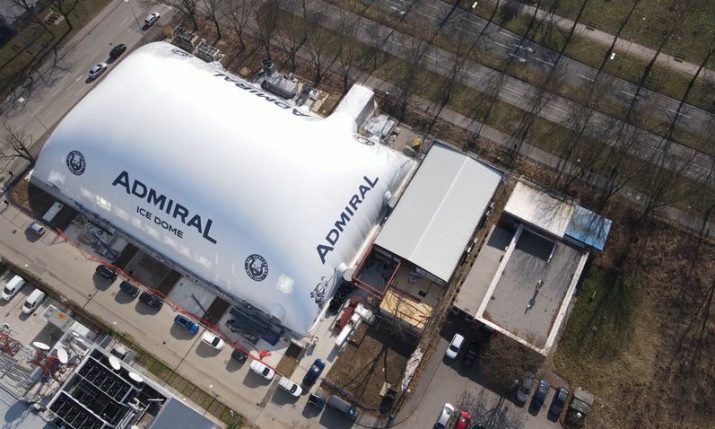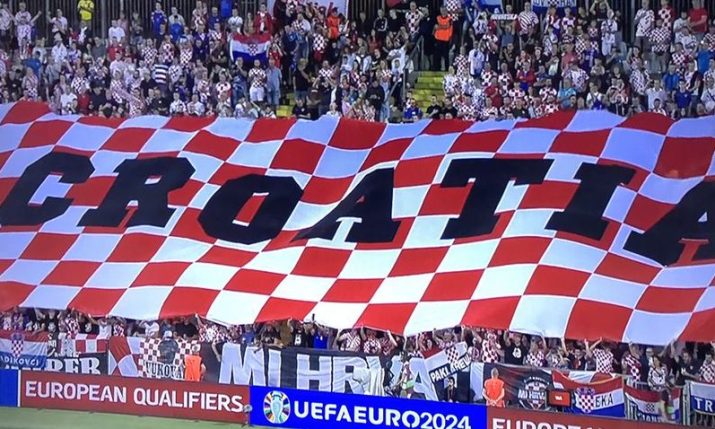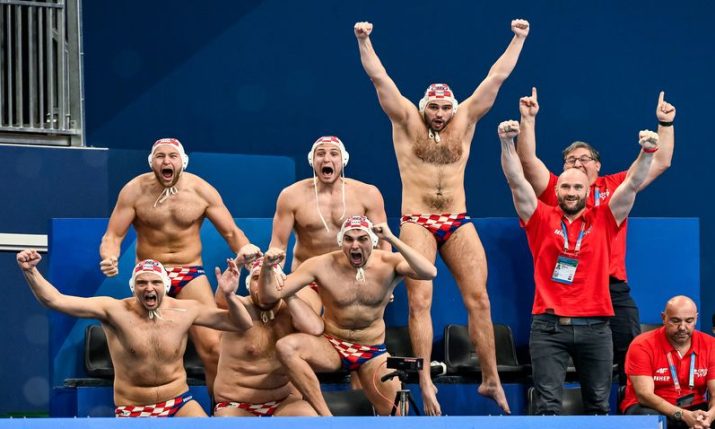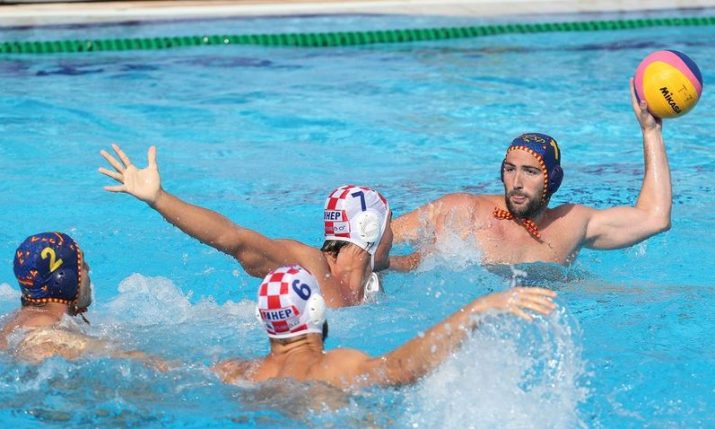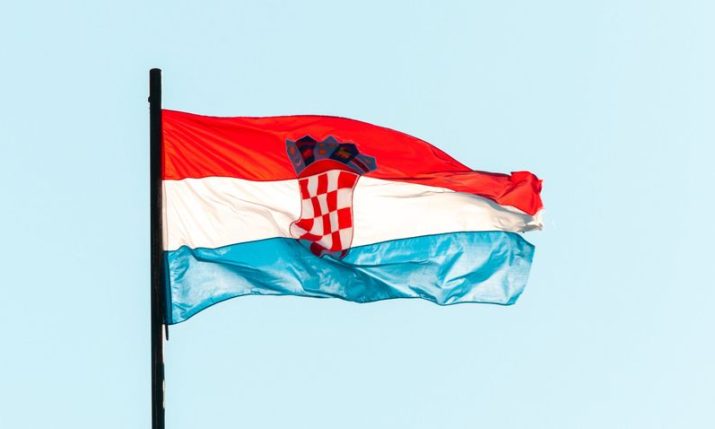Poljud Stadium in Split set for major renovation
- by croatiaweek
- in Sport
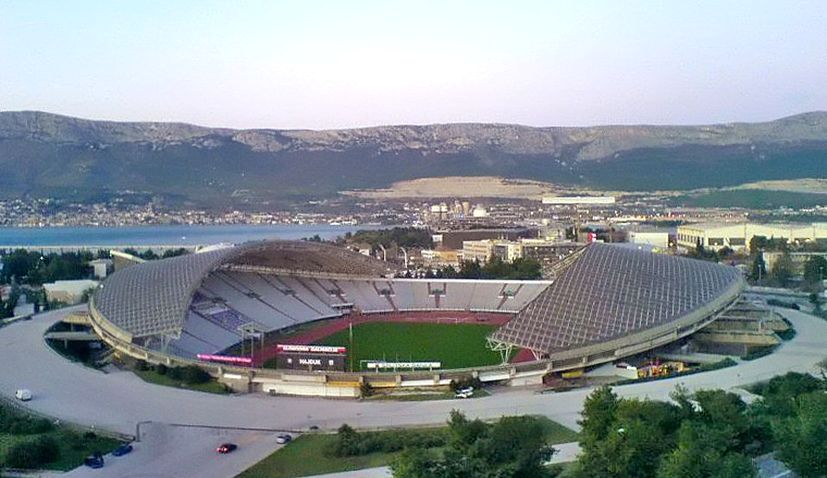
Poljud stadium (Photo credit: Ballota/(CC BY 3.0)
Split Mayor Ivica Puljak has outlined the plans for the renovation of the city’s Poljud Stadium.
The second half of 2024 could mark the beginning of the Poljud renewal.
“We are in discussions with the Ministry, which has allocated 13 million euros for the Poljud renovation, and we are gathering the necessary documentation. We anticipate drawing these funds in the first half of next year, enabling us to initiate the renovation in the latter part. The idea is for Hajduk to continue playing at Poljud throughout the entire renovation process,” Puljak said as Slobodna Dalmacija reported.
The mayor says that the plan has been presented and is progressing accordingly.
“The renovation is divided into three phases: the first involves the reconstruction of the stadium’s structure, the second focuses on the reconstruction of the ring around the stadium, and the third addresses the Brodarica project,” he said, adding.
“We have already contracted the analysis of the stadium’s condition for the first phase. Currently, we are in the process of commissioning conceptual designs for the entire area and initiating a study for Brodarica. The goal is to have everything ready by Hajduk’s anniversary, at which point we will present it to the public.”
Originally constructed to host the 1979 Mediterranean Games, the stadium’s architectural prowess is attributed to Croatian architect Boris Magaš, whose seashell-like design became its trademark.

Poljud stadium in Split, Croatia, showing the Mero roof structure, and the figure of the stadium’s architect Boris Magas seen to the bottom right (Photo credit: Michela Magas/CC BY-SA 4.0)
Over the years, the venue has undergone significant transformations, boasting an initial capacity of 55,000, which was later expanded to 62,000 in the 1980s. However, the installation of seats in the 1990s, part of a modernisation effort, reduced the capacity to 33,987.
Beyond its sporting significance, Poljud Stadium holds cultural importance, officially recognised as a heritage site in November 2015.

